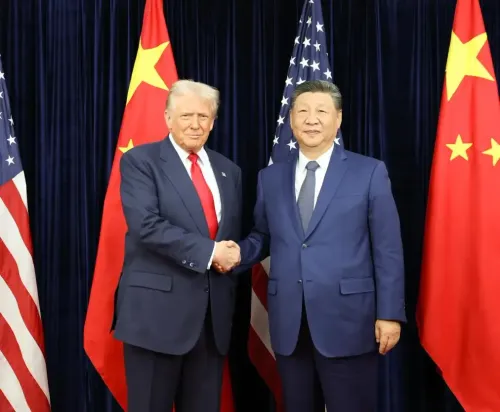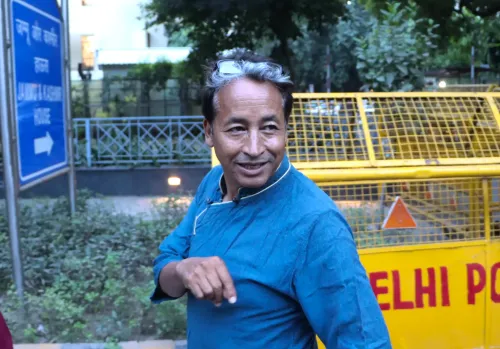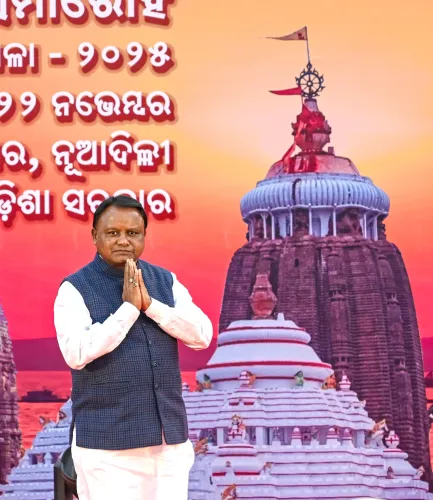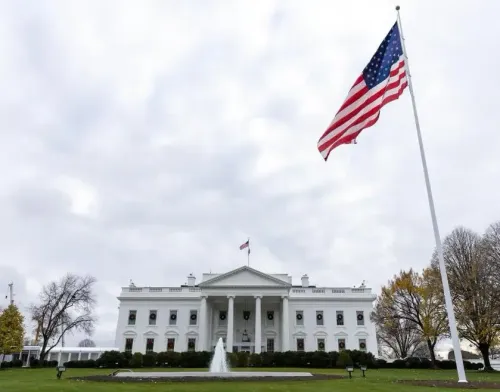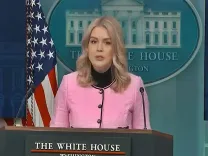Should India Prioritize Self-Reliance in Security After the Pahalgam Attack?

Synopsis
Key Takeaways
- The RSS chief calls for India to enhance self-reliance in security.
- He emphasizes the importance of societal unity in combating terrorism.
- New technologies and research initiatives are essential for national security.
- The threat of terrorism is linked to the historical two-nation theory.
- Internal strength is crucial for India's future security.
Nagpur, June 5 (NationPress) The Rashtriya Swayamsevak Sangh (RSS) Sarsanghchalak Mohan Bhagwat emphasized the urgent need for India to become self-reliant in security, particularly in light of the recent Pahalgam terror attack and the ensuing Operation Sindoor. He highlighted the importance of developing new technologies and engaging in thorough research.
During his address at the closing ceremony of Karyakarta Vikas Varg, he stated: "In the Pahalgam attack, innocent citizens were heinously killed by terrorists who infiltrated our nation. This incident ignited feelings of pain and anger among the populace, coupled with a strong demand for justice. Some retaliatory measures were indeed taken. The valor and capabilities of our armed forces were once again on display, and the resilience of the government was evident. We also witnessed a remarkable expression of unity in society, which must be sustained over time."
He continued, "The true strength of a nation lies in the strength of its society, which must remain vigilant and united. It is crucial to foster harmony and goodwill among one another."
He warned against discord within various societal factions, emphasizing the necessity for peace.
"As a nation, we are united, and the same eternal culture has been guiding our actions," he remarked.
The RSS chief pointed out that as long as the specter of the two-nation theory persists, the threat of terrorism will linger.
"Pakistan was created with the aim of living peacefully. Aware of their inability to win a conventional war, they resorted to proxy warfare, employing terrorism and the 'thousand cuts' strategy. However, the nature of warfare has evolved, with drones now being deployed," he added.
He argued, "We must remain vigilant as long as there are nations that propagate terror. We harbor no enmity; we are adherents of truth and non-violence."
Following the Pahalgam terror attack, the RSS chief declared, "The moment has arrived to demonstrate that Bharat is formidable." He condemned the Pakistani army's assaults on religious sites and civilian areas near the border, extending heartfelt condolences to the families of the victims. He reiterated the necessity for internal strength, stating, "We must be powerful, as we are witnessing the malevolence of hostile forces on all fronts."


